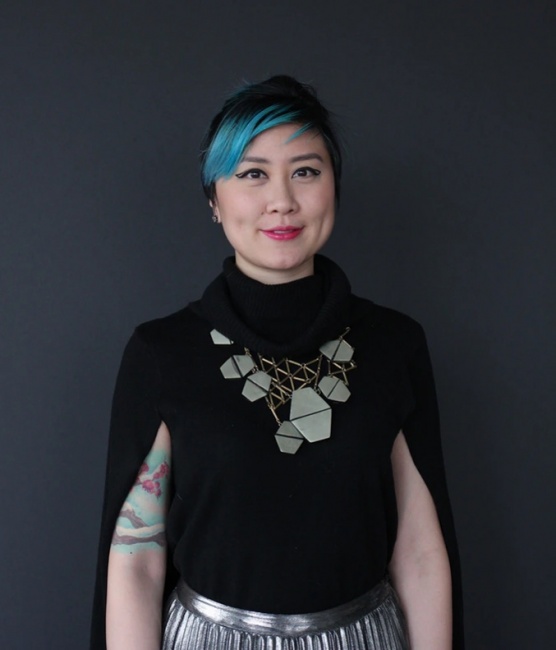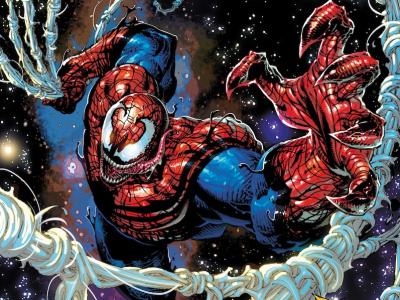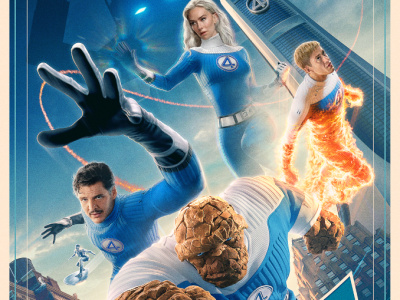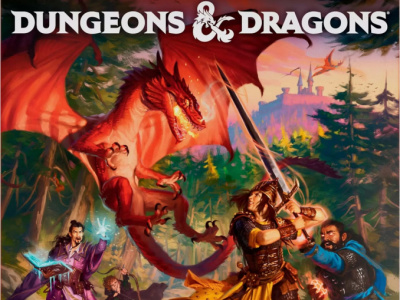Last month when I recapped the trends that shaped comics in the 2010s (see "The Biggest Comics Industry Trends of the Past Decade"), I got some pushback from people who said, "hey, you missed crowdfunding."
Guilty as charged, and in this case it was absent-mindedness rather than nefarious purpose that was behind the omission. In fact, crowdfunding has been so disruptive, so consequential and so ubiquitous in the last decade that it’s easy to forget that it’s relatively new. Its impact has been wide-reaching: not just giving creators a way to get money to get personal projects made, but forging durable relationships between creators and their audience. It’s also opened the door to marginalized creators who got the cold shoulder from publishers, but have now proven there’s a market for more diverse and inclusive kinds of content. Without Kickstarter paving the way, it’s hard to imagine today’s market for independent comics and graphic novels would be quite as colorful, experimental and wide-ranging.
I was reminded that I need to go back and cover this when I saw a tweet earlier this week announcing that Kickstarter is soliciting nominations for a new comics anthology, featuring the best Kickstarted comics. The company is accepting nominations from the public via Twitter until Friday, January 31, 12 pm PST. "From there, a small but diverse group of Kickstarter employee comics fans will go through the list and make a selection of finalists, who will be offered a licensing fee in exchange for having their story appear in the anthology, which will debut in print later this year," according to an announcement from the company.
I followed up with Camilla Zhang, Kickstarter’s comics outreach lead, for some more details about the anthology. In Part One, which follows, she talks about the anthology project. Part Two provided her broader perspective on Kickstarter’s impact on publishing. Our conversation has been edited for length and clarity.
Rob Salkowitz, ICv2: The comics anthology is a cool project. Have you done anything like it before?
Camilla Zhang, Kickstarter: No.
So why now?
It’s something of a pet project. I’ve always wanted to do one. It’s to raise awareness of the kinds of projects that can be found on Kickstarter. I know a lot of creators already know we exist, but comics readers may not know this is a way to find new comics. Not many people realize their favorite comics have been Kickstarted.
Will you be crowdfunding the publication of the anthology?
No, actually. This anthology is not sourcing new material. It’s stuff that’s already been published through Kickstarter and we’ll be offering a licensing fee to the people we select. We’ll be giving the books out for free. I can’t yet say when or where, but that news will be coming out within a couple of months.
Do you have a target for number of stories or pages?
We’re trying to keep it 96-120 pages, depending on budget. We’ll also have digital copies available if we run out of physical ones.
Will it also be available in bookstores and comic stores?
No, unfortunately. Kickstarter is not a publisher. We’re a crowdfunding platform that wants to foster new creators and getting support for new creators. It would blur the line if the books were in bookstores. We’re not publishers. We’re not trying to make money off these books.
Why should creators participate?
It’s a way to get work seen by new eyes and be part of an amazing roster of talent.
We want to get the word out that with Kickstarter, you can create or read work that’s independently published, where the creator is in control. Lots of work doesn’t see the light of day because publisher won’t take a chance. It’s a shame when stories don’t get a chance to be out in the world.
On Kickstarter, there isn’t an editor or a marketing person to dictate the shape of your project. I’m not trying to badmouth the industry, but it’s hard for creators to have self-worth and validation when it’s so hard to get published by bigger companies. I think an important part of the artistic process is to find that validation. With crowdfunding, if you can rally your own communities, you can make your own voice heard. It comes from the crowd, as opposed to from a higher power, which is how the publishers are positioned.
I also want comics readers to know that you can say, "I support diverse creators, I support indie creators," but where they are now, hustling and creating, without waiting for them to get a deal with a publisher. You can support their Patreons, support their Kickstarters. It’s a way to put your money where your mouth is. If you support LGBTQ, for example. They’re on Kickstarter. Maybe they only have 100 backers, but they have an amazing story.
Will some of the more experimental comics that come through Kickstarter have a home in the anthology?
Maybe. We’re only accepting nominations through the Twitter thread. Because Kickstarter is a crowdfunding platform, it feels like a natural translation for the selection process to take place through crowdsourcing. Going through extra steps would be a deterrent.
On Twitter, people can be like, "I know my favorite project, here it is." It’s easier to make nominations through that. If someone were to nominate LAAB, Ron Wimberly’s radical newspaper [from Beehive Books], we’d include some pages. I’m not sure how we’d do some of the more challenging formats. But with the anthology, each story that is featured, it will include info about how to find the book. We want it to lead back to the creator and give them more success, in addition to the licensing fee of course.
Comics Twitter can be kind of a cesspool. Will there be a secondary vetting process used to screen out troll-y stuff?
The nominations will be judged by diverse group of Kickstarter comic fans, coming at it from different perspectives. Everything will be considered equally, but we won’t accept projects that violate our rules. No hate speech, no inciting violence. Those aren’t things we consider.
There’s not a lot of room. We can probably accommodate 15 stories max. It will be hard to make the final decisions, but we can’t put out a 500-page tome, especially that we’re giving away.
I followed up with Camilla Zhang, Kickstarter’s comics outreach lead, for some more details about the anthology. In Part One, which follows, she talks about the anthology project. Part Two provided her broader perspective on Kickstarter’s impact on publishing. Our conversation has been edited for length and clarity.
Click here for Part 2.
The opinions expressed in this column are solely those of the writer, and do not necessarily reflect the views of the editorial staff of ICv2.com.
Rob Salkowitz (@robsalk) is the author of Comic-Con and the Business of Pop Culture.
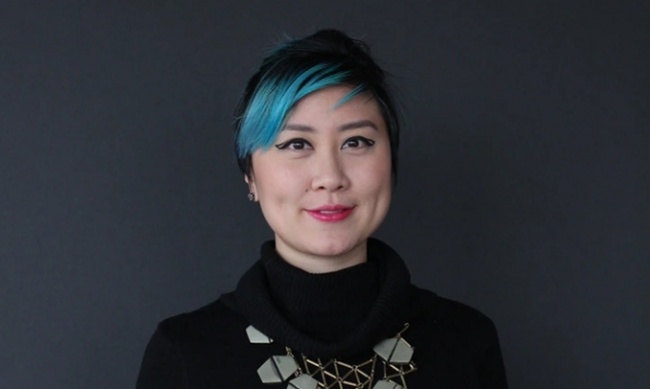
Column by Rob Salkowitz
Posted by Rob Salkowitz on January 29, 2020 @ 5:26 am CT
MORE COMICS
'Venom' #252 to Feature Backup Story with New Suit, Plus New Story by DeFalco and Frenz
August 4, 2025
Venom #252 will feature a backup story about Venom’s new suit as well as a backup story by Tom DeFalco and Ron Frenz, the creators of the symbiote suit.
Showbiz Round-Up
August 4, 2025
The post-SDCC showbiz news is still spicy a week after the show's conclusion. It's time for another round-up!
MORE COLUMNS
Column by Scott Thorne
August 4, 2025
This week, Scott Thorne addresses some comments on last week's column and the right price for starter products.
Column by Scott Thorne
July 28, 2025
This week, columnist Scott Thorne comments on the Edge of Eternities prerelease and on Magic: The Gathering news from the Hasbro earnings report.




